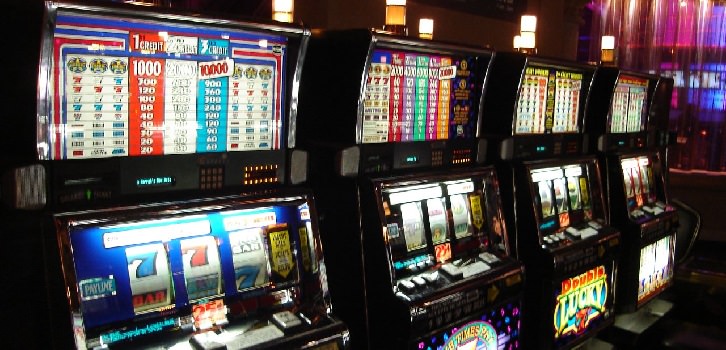Illegal Gambling In Texas Sentence

Illegal Gambling In Texas Sentence, torneos poker casino lloret, miami club casino payout images, dmg black roulette torrent. Prosecutors recommended a probated sentence of 10 years. Raul Villarreal pleaded guilty to keeping a gambling place, and Ruben Villarreal pleaded guilty to gambling promotion, both Class A. A former California college athlete charged with running an international drug trafficking and illegal gambling organization was sentenced to more than 21 years in federal prison.
Illegal Gambling In Texas Sentence Chart
Texas is one of the strictest states when it comes to gambling and its laws can cover a wide variety of activities. Under Texas law, (Penal Code §47.02) gambling is considered a criminal offense if someone:
- makes a bet on the partial or final result of a game or contest or on the performance of a participant in a game or contest
- makes a bet on the result of any political nomination, appointment, or election or on the degree of success of any nominee, appointee, or candidate; or
- plays and bets for money or other thing of value at any game played with cards, dice, balls, or any other gambling device.

Casinos – This kind of gambling is illegal in Texas. Many other types of gambling are also banned in Texas. There are offenses for keeping a place of gambling, promoting gambling; communicating gambling information and possession of gambling devices. However, some social gambling activities such as raffles sponsored by a non-profit are legal. Texas' criminal statutes identify a wide range of conduct considered illegal, such as theft or murder, made punishable by fines, imprisonment, and other sanctions. Criminal laws and sanctions in Texas are similar to those of other states, but the Lone Star State.
The law does provide for some exceptions such as participating in the state lotteryor placing bets on horse and greyhound dog races (sometimes referred to as pari-mutuel wagering). The law also provides for some affirmative defenses to prosecution:
Illegal Gambling In Texas
- the actor engaged in gambling in a private place;
- no person received any economic benefit other than personal winnings; and
- except for the advantage of skill or luck, the risks of losing and the chances of winning were the same for all participants
Illegal Gambling In Texas Sentenced
Additional exceptions include if the person reasonably believed their conduct:
- was permitted under Chapter 2001, Occupations Code; (Charitable Bingo)
- was permitted under Chapter 2002, Occupations Code; (Charitable Raffles)
- was permitted under Chapter 2004, Occupations Code; (Sports Charity Raffles)
The first page of this guide will provide you with an overview of the Texas laws on gambling while the subsequent pages will discuss more specific topics like bingo, eight-liners and poker.
Illegal Gambling In Texas Sentence List
A Beaumont, Texas man was sentenced to 33 months in prison for tax evasion and for running a business that accepted illegal wagers on sporting events from 1985 to 2017. Larry Tillery owned two companies and used both as a front to launder the illegal gambling money. He was ordered to pay restitution of $1,000,040 and to forfeit approximately two million dollars in cash and other items. A judgment of $32,758,541 was also ordered by the court.
His wife Judy was given 24 months’ probation and shares the judgment with her husband. She assisted with laundering the proceeds of the operation, which allowed bettors to place bets on sporting events, including professional and collegiate basketball, baseball and football games via a website.
Larry’s son Brian was also sentenced to 24 months’ probation and was ordered to forfeit $245,477 and a home worth $600,000. He collected money from bettors, paid bettors, made wire transfers to pay illegal gambling debts. He also regularly mailed currency totaling more than $10,000 through the US Post Office.

While the gambling operation was illegal, federal tax law still required that Tillery register with the IRS as a bookmaker, report total wages he accepted monthly, and pay a gross wagering excise tax of 2% every month. Between the years 2011 and 2016, Tillery took at least 52 million dollars in illegal wagers, resulting in over a million dollars in wagering taxes he did not pay.